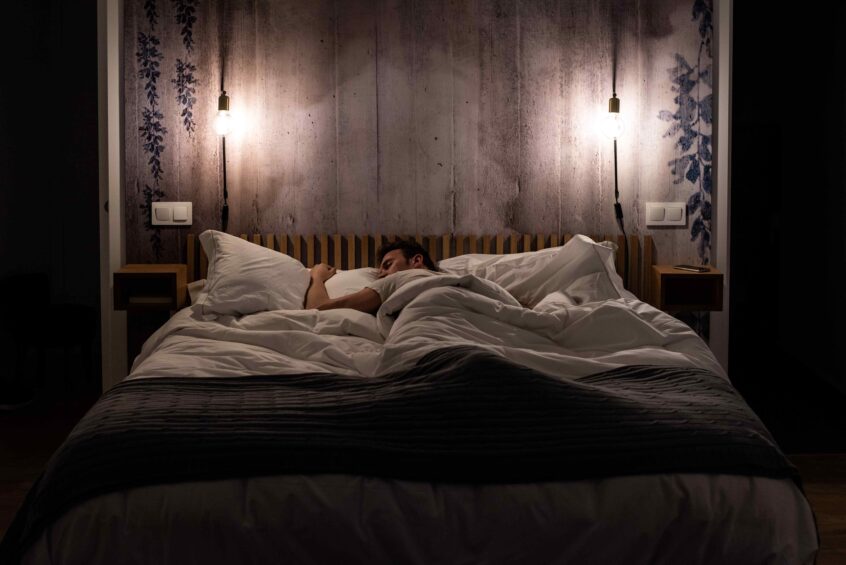Sleep is essential for overall health and well-being, but did you know it plays a critical role in maintaining your eye health too? As the days grow shorter and winter takes place, it’s the perfect time to evaluate your sleep habits and eye care routine. Here’s why sleep and eye health are connected and practical tips to improve both this winter.
The Connection Between Sleep and Eye Health
1. Restores Eye Function During sleep, your eyes repair and rejuvenate. Adequate rest allows the cells in your eyes to recover from daily exposure to screens, UV light, and environmental irritants. Chronic lack of sleep can lead to eye strain, occasional dryness, and even more severe issues like eye spasms or blurred vision.
2. Prevents Eye-Related Conditions Research shows that insufficient sleep may contribute to eye-related conditions such as dry eye syndrome and glaucoma. Sleep helps regulate intraocular pressure, and disruptions in sleep patterns could increase the risk of developing pressure-related eye diseases.
3. Reduces Dark Circles and Puffiness Your eyes also reveal your quality of sleep. Poor sleep can cause blood vessels under the thin skin around your eyes to dilate, leading to dark circles and puffiness.
Winter Challenges to Sleep and Eye Health
Winter months pose unique challenges to sleep and eye health. Shorter days can disrupt circadian rhythms, while colder temperatures and indoor heating can exacerbate occasional dry eyes. Additionally, seasonal affective disorder (SAD) and holiday stress can interfere with restful sleep.
Tips to Improve Sleep and Eye Health This Winter
1. Stick to a Consistent Sleep Schedule Go to bed and wake up at the same time every day, even on weekends. Consistency helps regulate your body’s internal clock, leading to better-quality sleep.
2. Limit Screen Time Before Bed Blue light emitted by screens can interfere with melatonin production, making it harder to fall asleep. Use blue light-blocking glasses or the night mode on your devices and try to avoid screens at least an hour before bedtime.
3. Create a Sleep-Friendly Environment Keep your bedroom dark, cool, and quiet. Invest in blackout curtains and a humidifier to maintain optimal moisture levels.
4. Stay Hydrated Drink plenty of water throughout the day. Dehydration can worsen dry eyes and make it harder to sleep comfortably.
5. Maintain a Healthy Diet Eat foods rich in omega-3 fatty acids, antioxidants, and vitamins like A, C, and E to support eye health and overall well-being.
7. Manage Stress Practice relaxation techniques such as meditation or yoga to reduce holiday stress and improve sleep quality. Stress management is also crucial for maintaining healthy blood flow to your eyes.
8. Get Natural Light Exposure Spend time outside during daylight hours to regulate your circadian rhythm and support healthy sleep patterns. If natural light is limited, consider using a light therapy box to mimic sunlight.
Prioritize Sleep and Eye Care
Winter is an ideal time to focus on your health, and improving your sleep and eye care routine can have lasting benefits. By following these tips, you can ensure your eyes stay healthy and well-rested all season long.
